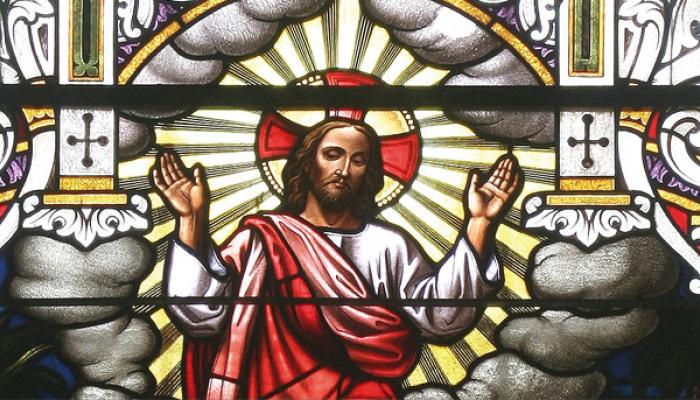
3.29 Why do we fast for 40 days during Lent?
Lent begins on Ash Wednesday, which is named after the ashes that are marked on our foreheads (in the form of a cross) on this day. Jesus fasted for forty days in the wilderness (Mt. 4:1-2) Mt. 4:1-2: Then Jesus was led by the Spirit into the wilderness to be put to the test by the devil. After forty days and forty nights fasting, He was hungry., and we follow his example by fasting during Lent.
During Lent, we want to remind ourselves that without God’s help and grace we are not worthy of the gift of Jesus’ sacrifice on the cross.
What do we learn from the temptations of Jesus in the desert?
The temptations of Jesus in the desert recapitulate the temptation of Adam in Paradise and the temptations of Israel in the desert. Satan tempts Jesus in regard to his obedience to the mission given him by the Father. Christ, the new Adam, resists and his victory proclaims that of his passion which is the supreme obedience of his filial love. The Church unites herself to this mystery in a special way in the liturgical season of Lent. [CCCC 106]
Why was Jesus led into temptation? Could he really be tempted at all?
Jesus was truly human, and as part of that he was truly susceptible to temptation. In Jesus Christ we do not have the sort of redeemer “who is unable to sympathize with our weaknesses, but one who in every respect has been tempted as we are, yet without sinning” (Heb 4:15). [Youcat 88]
In the Church’s tradition, this journey we are asked to take in Lent is marked by certain practices: fasting, almsgiving and prayer. Fasting means abstinence from food but includes other forms of privation for a more modest life. However, all this is not yet the full reality of fasting: it is an outer sign of an inner reality, of our commitment, with God’s help, to abstain from evil and to live by the Gospel. Those who are unable to nourish themselves with the word of God do not fast properly. [Pope Benedict, General Audience, 9 Mar. 2011]





